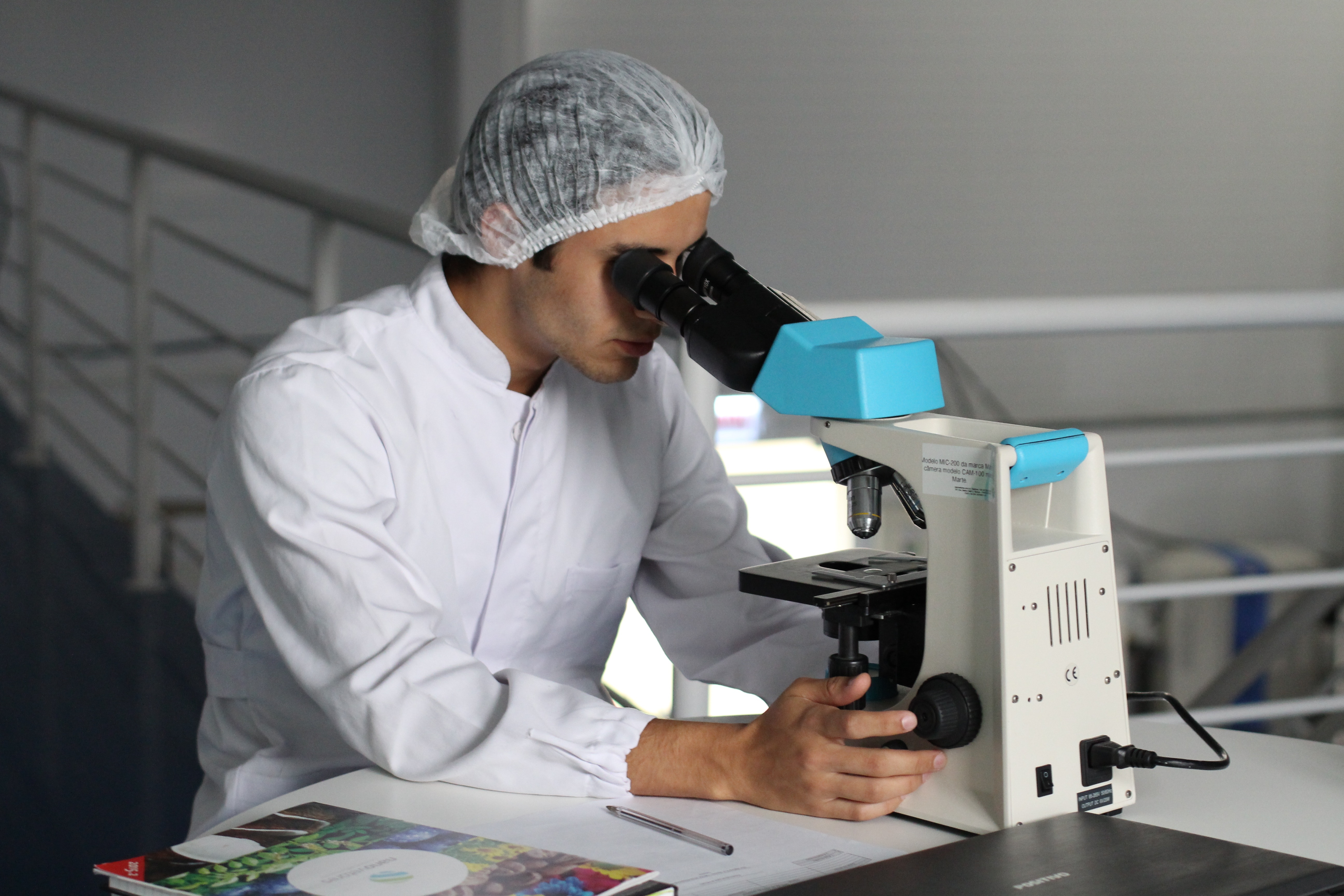The attention of the world has recently shifted to the extraction of cannabinoids from the cannabis plants. With the exploits of this massive and developing industry, several products have been derived from cannabinoid extraction processes, including edibles and portable vape cartridges among others. Cannabinoids can be extracted from cannabis via various methods, although each of these methods involves procedures that require enormous resources and a considerable amount of raw cannabis.
Yes, cannabis plants are the source of cannabinoids. However, have we ever imagined the possibility of deriving cannabinoids without the raw material, i.e., the cannabis plants? A Hungarian Bioengineering firm – Intrexon Corporation – has recently acquired a significant breakthrough innovation that will allow the production of cannabinoids from the yeast.
Headquartered in Budapest, Hungary, Intrexon Corporation is using a synthetic biology approach, which they tagged “Better DNA,” to create biologically-based products for the use of various industries. Intrexon collaborates with companies to design and implement complex biological systems that work on the improvement of the performance of quality of living cells. According to the company, they are also interested in creating technologies that will help meet the demands of the medical cannabis industry by producing cannabinoids in sufficient quantities.
While you may think that Intrexon hopes to achieve its aim by inventing a new method of cannabinoids extraction from cannabis, or a new cannabis strain, the company is into something bigger. They are utilizing single-celled microorganisms of the genus Saccharomyces, which is also referred to as Yeast. After the successful bioengineering of a yeast strain, the company says that the engineered strain is capable of producing cannabinoids that are suitable for medical uses, including CBD and THCV among others. Isn’t it interesting that through the use of tiny microbes, the company is actually producing cannabinoids instead of the conventional extraction from marijuana plants?
Intrexon has identified the process involved as fermentation. Thus, we can say the company is “brewing” cannabinoids from a patented microbe strain they created. The versatility of this DNA-engineered yeast strain is potent enough to produce cannabinoids of varying types. Some of these include cannabinoids with high therapeutic indexes but with low concentrations in the cannabis plants, thus making them scarce or difficult and costly to extract. Likewise, using the same process, new “designer” cannabinoids can also be derived.
Will this affect the future of Cannabis farming?
This is most likely the case, considering the claims of Intrexon on the ability of this cannabinoid-producing yeast, which apparently outweighs that of the traditional cannabis plant. Alongside the option to customize the production process to produce only specific cannabinoids, this invention offers a cost-effective option and a means of reducing resource consumption. The Executive Director of Commercial Operations at Intrexon, Chris Savile, Ph.D. once said, “Through our capabilities and experience, we expect to optimize [yeast] strains to produce specific cannabinoids that may be commercialized in the coming years.” That was the vision, and Intrexon has taken a giant step towards realizing that vision with this breakthrough.
A recent press release by the company stated that Intrexon is closer than ever to deriving pure cannabinoids at a rate of less than $1,000 per kilogram. And the aftermath of that declaration has seen Intrexon shares (NYSE: XON) rising exponentially to about 30% the following day.
Although the prospect of cannabinoids derived from biotech seems like speculations, it is worthy to note that several bioengineering companies are exploring the possibilities of producing the essential components of cannabis without deriving them from the plant itself. One of such explorers is Gingko Bioworks Inc., who has just made public its intention of producing rare cannabinoids from plant DNA directly.
Several factors are known to affect the cultivation of cannabis, including extreme weather situations, fires, and changes in regulation, among others. And this, in turn, affects the end-results of the farmers. Furthermore, the demand for standards-specific cannabis in the medical industry keeps growing by the day, thus making certain firms in the industry to look towards ways of getting these products without growing the cannabis plants.
(source Hightimes)
 Based on +200
reviews
Based on +200
reviews

